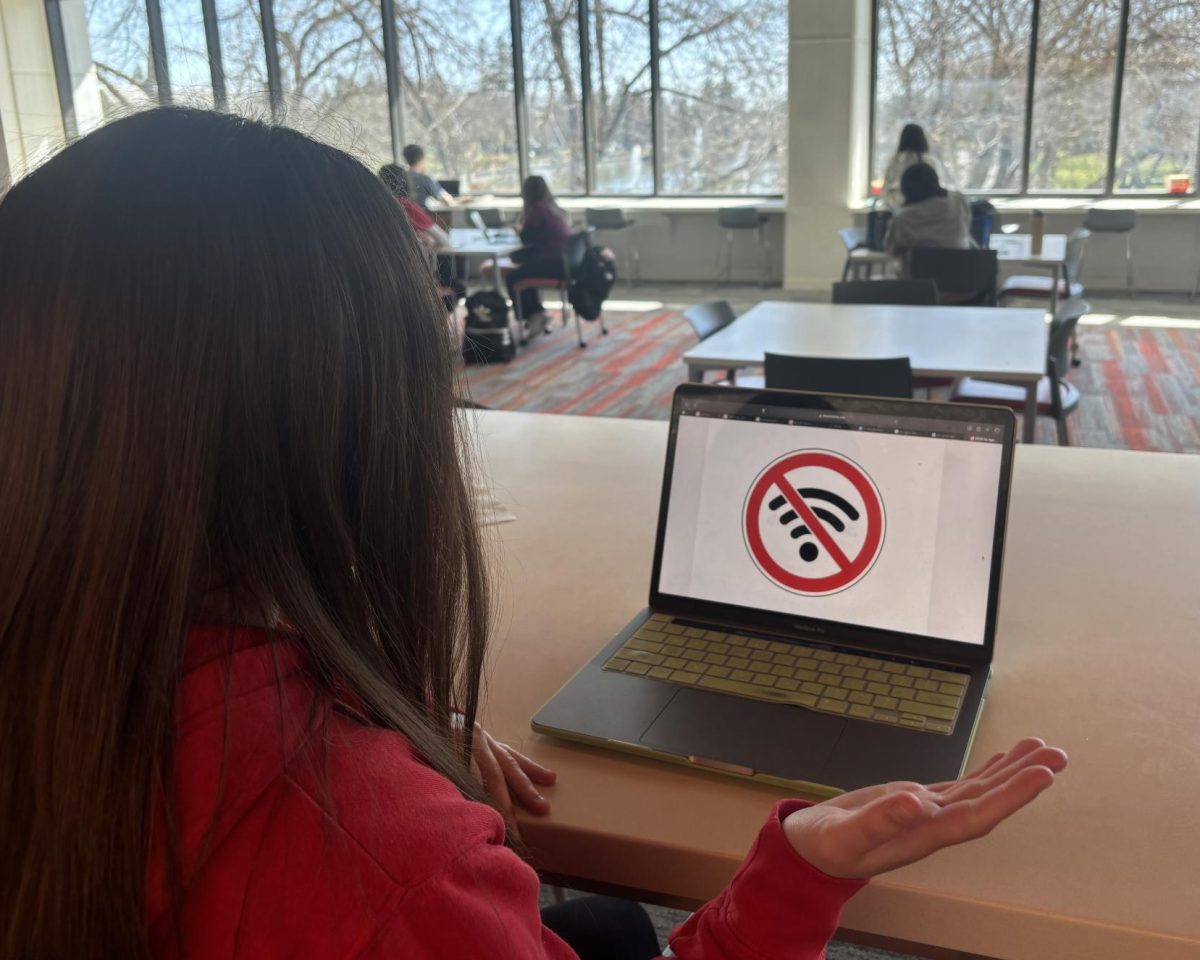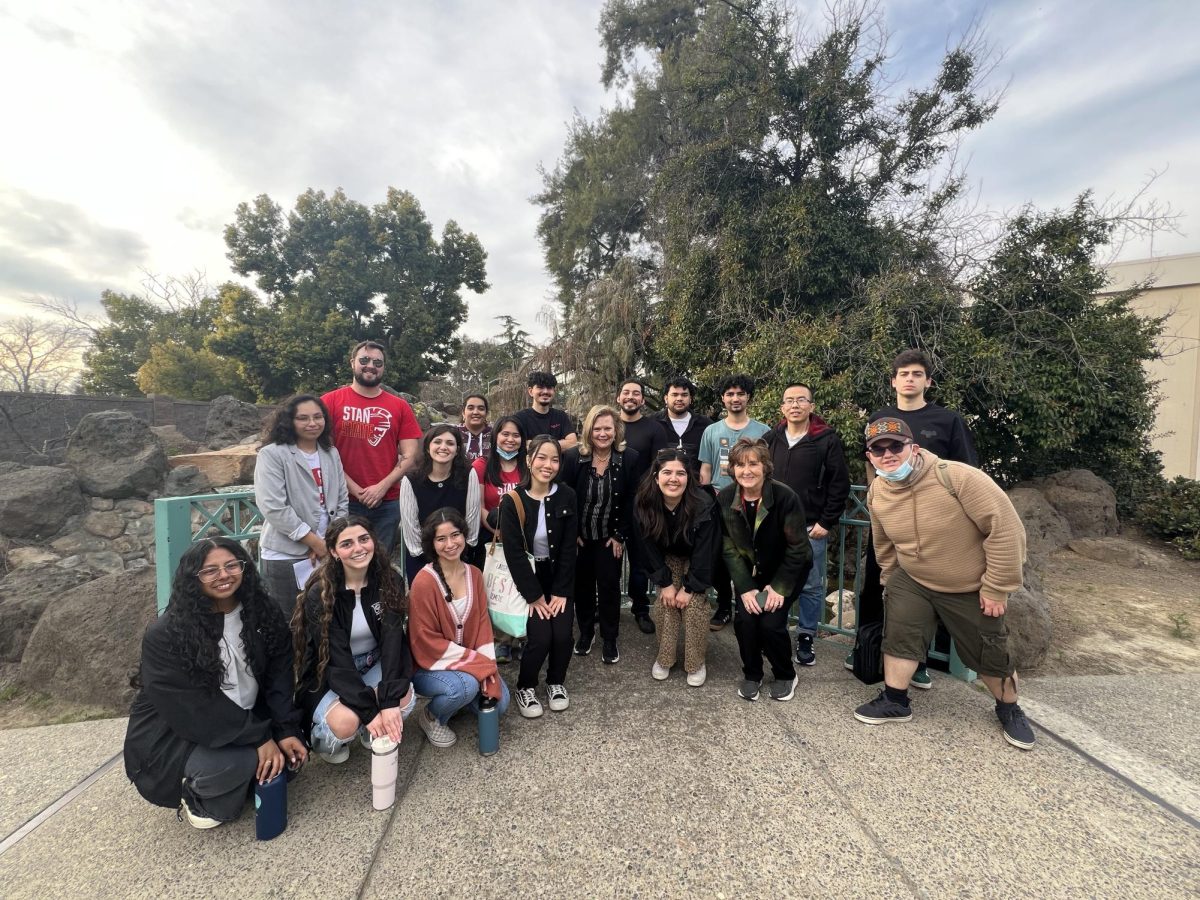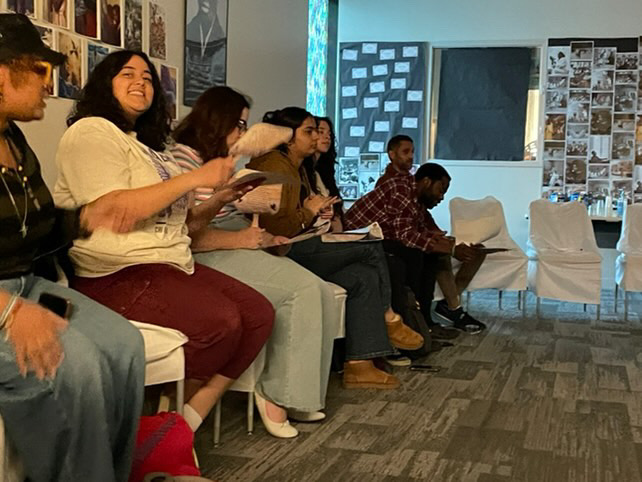Gun control (perhaps rightly so) has slipped back into the national conversation. With it, some have focused their sights on the heathenish books, witchcraft-wielding women, red-commie scum and horror comics of today: those dang videa games.
Many are looking at violent video games and seeing them as a cause of violence and a new generation’s fascination therein, and not as a reflection of an attraction that’s always been present in our species.
In Southington, Connecticut, the organization SouthingtonSOS put together an event—later canceled—centered around the amassing and destruction of violent video games. In an address following the Sandy Hook tragedy, the National Rifle Association’s Executive Vice President Wayne LaPierre called the video game industry “a callous, corrupt and corrupting shadow industry that sells, and sows, violence against its own people.”
LaPierre and SouthingtonSOS represent a perspective held by many who want to scapegoat games without taking the time to understand them: that the industry is one of sexual deviancy, blood and gore.
Maybe this is partly the industry’s own fault. The world of videogames is chockablock with diverse experiences, but most of the money and marketing goes into games about shooting and getting shot at; those are what sell.
Ironically, the surface message of many of these games is a real-world “truth” that LaPierre claimed in the same address: “The only thing that stops a bad guy with a gun is a good guy with a gun.”
LaPierre and SouthingtonSOS’s beef with the medium goes beyond creative stagnancy, however. SouthingtonSOS claims “that there is ample evidence that violent video games … has contributed to increasing aggressiveness, fear, anxiety and is desensitizing our children to acts of violence including bullying.”
What constitutes “ample evidence”? Brian Crecente, of gaming website Polygon, reported on a response to the organization from Christopher J. Ferguson, chair of the department of psychology and communication at Texas A&M International University.
In an email to SouthingtonSOS Ferguson writes: “I’ve done a number of peer-reviewed articles myself on the topic, and have found no evidence linking video game violence to bullying or any other forms of youth aggression or violence. Past research has been mixed, at best, and often weakened by substantial methodological flaws.”
It isn’t hard to see why fans of video games always feel the need to defend their hobby. If their entertainment isn’t rotting their brain, it is morphing them into murderers. However, we shouldn’t see these uneducated attacks as a deterrent from introspection.
In a piece for Gamasutra, a much more articulate columnist than me, Leigh Alexander, expresses that the “renewed discussion of violent games has one big problem: It’s too abstract. There are nuances to how violence is commonly portrayed in media.”
Alexander writes, “Maybe the silver lining in the fact we’ve ended up having this industry-wide gut check again is that we can learn more about the role of violence in games, highlight and study situations where the value of combat, blood or weaponry is considered and evident.”
Categories:
Burn the Witch: the renewed attack on video games
By Nathan Duckworth
•
February 19, 2013
0
Donate to Signal
Your donation will support the student journalists of California State University, Stanislaus. Your contribution will allow us to purchase equipment and cover our annual website hosting costs.
More to Discover






